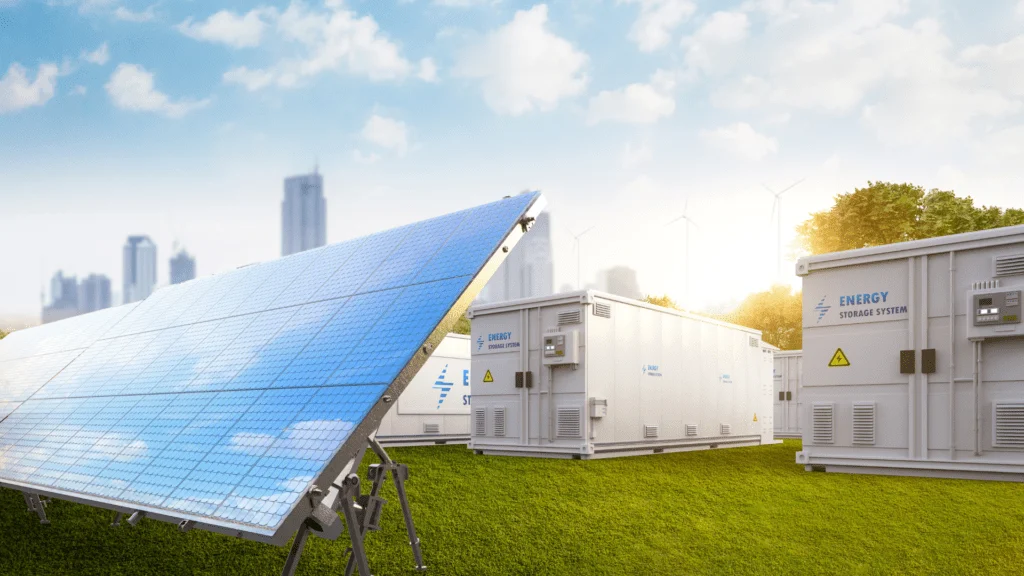Energy Storage – Maximizing Savings with Solar Power
As solar power continues to gain popularity, energy storage has become a crucial component in maximizing efficiency, savings, and energy independence. By pairing solar panels with advanced battery systems, homeowners and businesses can store excess energy for later use, reduce reliance on the grid, and take full advantage of renewable energy.
1. Why Energy Storage Matters
While solar panels generate power during daylight hours, energy usage often peaks in the evening or during cloudy days. Energy storage systems, like home batteries, allow you to store surplus solar energy for use when the sun isn’t shining, ensuring consistent power supply and reducing dependence on traditional utilities.
2. Financial Benefits of Energy Storage
- Lower Energy Bills: Stored energy can be used during peak-rate hours when electricity costs are highest, leading to significant savings.
- Maximized Solar Investment: Instead of sending excess power back to the grid (often at reduced rates), stored energy can be used directly, increasing your return on investment.
- Access to Incentives: Many regions offer tax credits, rebates, and grants for solar-plus-storage systems. Under the Inflation Reduction Act, homeowners can claim a 30% tax credit for battery storage installations.
3. Backup Power During Outages
Energy storage systems provide a reliable backup during power outages. In areas prone to blackouts or extreme weather, having stored solar energy ensures your home stays powered, keeping essential appliances running and improving energy security.
4. Popular Energy Storage Solutions
- Tesla Powerwall: Known for its sleek design, easy integration with solar systems, and strong mobile app for energy monitoring.
- LG Chem RESU: Offers high energy density and compatibility with various inverters, making it a flexible choice for homeowners.
- Enphase IQ Battery: Known for its modular design, allowing homeowners to expand storage capacity as needed.
5. Factors to Consider When Choosing a Battery
- Capacity & Power Rating: Determine how much energy the battery can store and how much it can deliver at once.
- Round-Trip Efficiency: Look for batteries with high efficiency (90% or more) to minimize energy loss during storage and use.
- Lifespan & Warranty: Choose systems with warranties covering at least 10 years or a set number of charge cycles.
- Compatibility: Ensure the battery works seamlessly with your existing or planned solar system.
6. Smart Energy Management
Many modern energy storage systems come with apps that allow users to monitor energy production, consumption, and battery levels in real-time. Some systems even use AI to optimize when to store or use energy based on weather forecasts and utility rates, further enhancing savings.
Final Thoughts
Adding energy storage to your solar power system transforms it into a more efficient, resilient, and cost-effective energy solution. By storing excess solar energy, homeowners can reduce electricity bills, maintain power during outages, and maximize the long-term benefits of their solar investment. As battery technology advances and incentives grow, integrating energy storage has never been a smarter choice.



